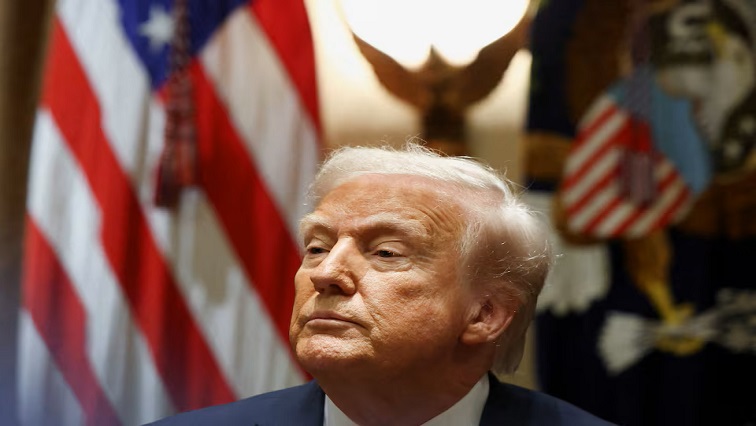The world is bracing for a seismic announcement from the United States on Wednesday, 2nd April, that will impose reciprocal tariffs on countries that trade with the world’s largest economy. And according to a notice issued by the Office of the U.S. Trade Representative seeking public comment as part of the Government’s unfair trade review, countries of particular interest include many in the G20 bloc of nations.
President Donald Trump has used the imposition of tariffs as a key peg of his America First ideology that has left global markets on edge and angered allies and foes alike.
President Trump has framed Wednesday, April 2nd, as Liberation Day – arguing that tariffs protect U.S. industries and manufacturing from unfair competition, raising money for the federal government while providing leverage in negotiations with other countries.
“We’re going to charge countries for doing business in our country and taking our jobs, taking our wealth, taking a lot of the things that they’ve been taking over the years. They’ve taken so much out of our country, friend and foe and frankly, friend has been oftentimes much worse than foe. And you’re going to see prices going down. But it’s going to go down specifically because they’re going to buy what we’re doing, incentivizing companies to, and even countries, but companies to come into America and build. And we’re already setting records for new plants.”
But his penchant for tariffs and the uncertainty around his economic agenda has roiled markets with the S&P500 and the Nasdaq Composite posting their worst quarterly performance since 2022 this week as the markets struggle to find direction.
“It’s generally seeing a lot of investors, you know, repricing growth, repricing the AI trade, starting to favor more defensive stocks. And again, all of this is, you know, directly tied to concerns about what the tariffs are going to look like, when and if they’re going to, you know, come in earlier, or if April 2nd is going to be the so-called ‘Liberation Day.’ You know, I joked with an investor earlier this morning that, you know, markets don’t like tariffs, markets don’t like uncertainty, and markets hate tariff uncertainty. And I think that’s just what we’re seeing,” Chief Investment Officer at IDX Advisors Ben McMillan explains.
President Trump has indicated that all nations would be caught up in his tariffs trawl but a note from the Office of the U.S. Trade Representative seeking submissions addressing unfair or non-reciprocal practices, pointed to particular interest in submissions related to the largest trading economies such as G20 countries as well as those countries with the largest trade deficits in goods with the United States. U.S. data points to trade between South Africa and the United States at around 20.5 billion dollars in 2024 – U.S. exports at 5.5 billion dollars and imports from South Africa at 14.7 billion dollars – accounting for an 8.8 billion dollar deficit – an ominous sign given the current political climate; in a situation marked by its fluidity and lack of clarity amid a flurry of tariffs already targeting Canada, Mexico and China; on steel, aluminum, foreign cars and auto parts.
Gary Hufbauer is a Non-Resident fellow at the Peterson Institute for International Economics in Washington, “Trump likes drama, and he’s going to get a lot of drama on April 2nd, and the financial markets will be watching very, very closely, because where the exceptions, where the tariffs hit hard, that will affect the value of all kinds of companies and exchange rates and so forth. So, it will be a big, a big announcement day.”
Arguing that April 2nd might be the start of a process that will take some time to crystalize.
“He’ll set in motion a process that will probably take months to sort out with other companies in terms of the exceptions and, you know, lowering or raising the tariffs and so forth. So, it will be historic of quite a lot of conversations with governments and companies both in the U.S. and abroad.”
Efforts likely to spark a trade war as countries and blocs prepare their own responses.
“Europe did not start this confrontation. We think it is wrong. But my message to you today is that we have everything we need to protect our people and our prosperity. We have the largest single market in the world. We have the strength to negotiate. We have the power to push back. And the people of Europe should know that together we will always promote and defend our interests and our values, and together we will always stand up for our Europe,” says Ursula Von Der Leyen the European Commission President.
Economists broadly argue that U.S. tariffs will impose additional costs on U.S. consumers – similar to a tax – because the company importing the good pays the tariff and likely passes that additional cost onto the individual consumer.

